
By Man Bahadur Bishwakarma, Kalikot – In many rural areas, adolescents still struggle to talk openly about sexual and reproductive health due to fear and embarrassment. However, a recent adolescent-friendly health camp organized in Sanni Triveni Rural Municipality has encouraged young people to share their problems and seek solutions.
The one-day camp, held in Ward No. 8, Mumra, was organized by the Health Division of Sanni Triveni Rural Municipality with support from Plan International Nepal and in partnership with KIRDARC Nepal Kalikot under the “Girls standing strong Project.” A total of 256 adolescents aged 10 to 19 received free health services.
According to Baliraj Shahi, an officer with the Girls standing strong Project, 63 of the participants were from Dalit communities, while the remaining 193 were from other communities. The camp provided consultations, health check-ups, and free medicines related to sexual and reproductive health.
A medical team led by Dr. Pratima Bhandari from the Kalikot District Hospital and Dr. Roshan Kumar Ray Yadav from the Sanni Triveni Basic Health Center delivered the services.
“In our society, adolescents still hesitate to speak openly about sexual and reproductive health. They are surrounded by myths, fear, and shame. Bringing these services directly to villages and providing personal consultations is, in itself, a positive step,” said Dr. Pratima Bhandari. “We were able to talk individually with many girls, listen to their concerns, and offer solutions. Such programs are highly effective.”
She added, “We are here to break the stigma surrounding health topics. The girls have started to open up; they approached us and shared their problems. We created an environment where they felt safe to speak. This kind of interaction boosts their confidence and awareness. We believe such camps should be organized regularly.”
The camp offered a new experience for girls like 17-year-old Sirjana KC from Mumra, Ward No. 9. “It’s difficult for us village girls to talk about these things. We feel embarrassed to discuss them with our parents or teachers. But today, speaking with the women doctors made me realize that we should not hide our health issues—we should seek advice,” she said. “Before, I couldn’t even go to a health center because of fear and embarrassment. I didn’t know how to express myself. But today, the doctors came to our village, spoke to us kindly, and treated my stomach pain. Now I feel these programs should happen again and again—they are very useful for girls like us.”
Dr. Roshan Kumar Ray Yadav, another participating doctor, emphasized the need for expanding such programs to more villages. “Girls in rural areas cannot openly talk about menstruation, pregnancy, infections, or bodily changes. Because of fear and shame, they hide many things. But today, they came forward and shared their issues. We provided as much consultation and medicine as we could. We believe these kinds of programs help girls become more aware, confident, and self-reliant,” said Dr. Yadav.
Strong Participation in Naraharinath: Over 300 Received Services
Similarly, another health camp was conducted last Sunday at the Kumalgau headquarters of Naraharinath Rural Municipality. The camp was organized by the local health division, with support from Plan International Nepal and partnership with KIRDARC Nepal.
A total of 352 adolescents participated in the camp—307 girls and 45 boys. Of them, 39 received detailed health check-ups and services.
The presence of doctors in the village, friendly consultations, and accessible services have helped raise awareness among adolescents about their health. Organizers and local authorities believe such programs empower rural youth to understand and exercise their health rights.


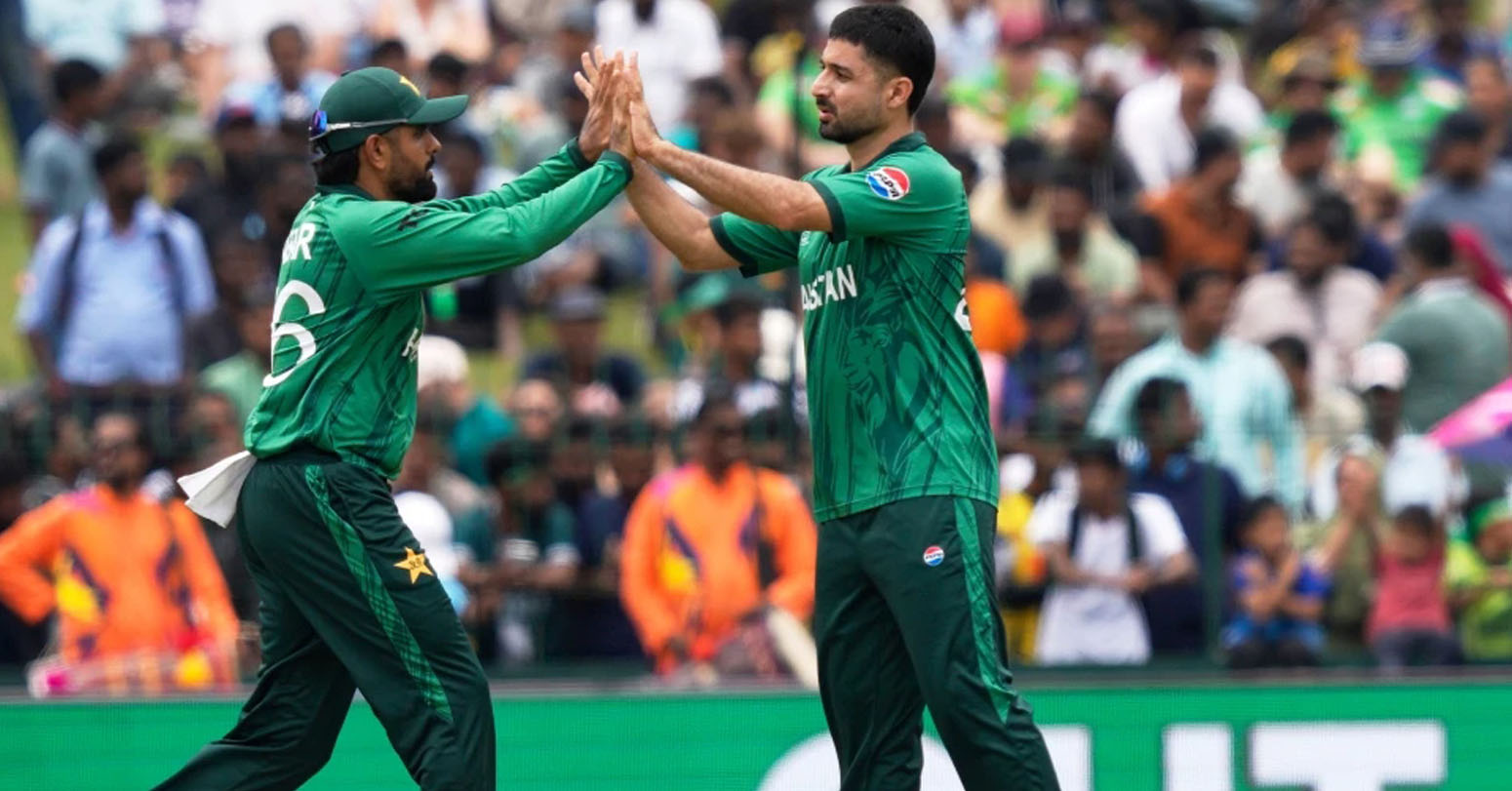
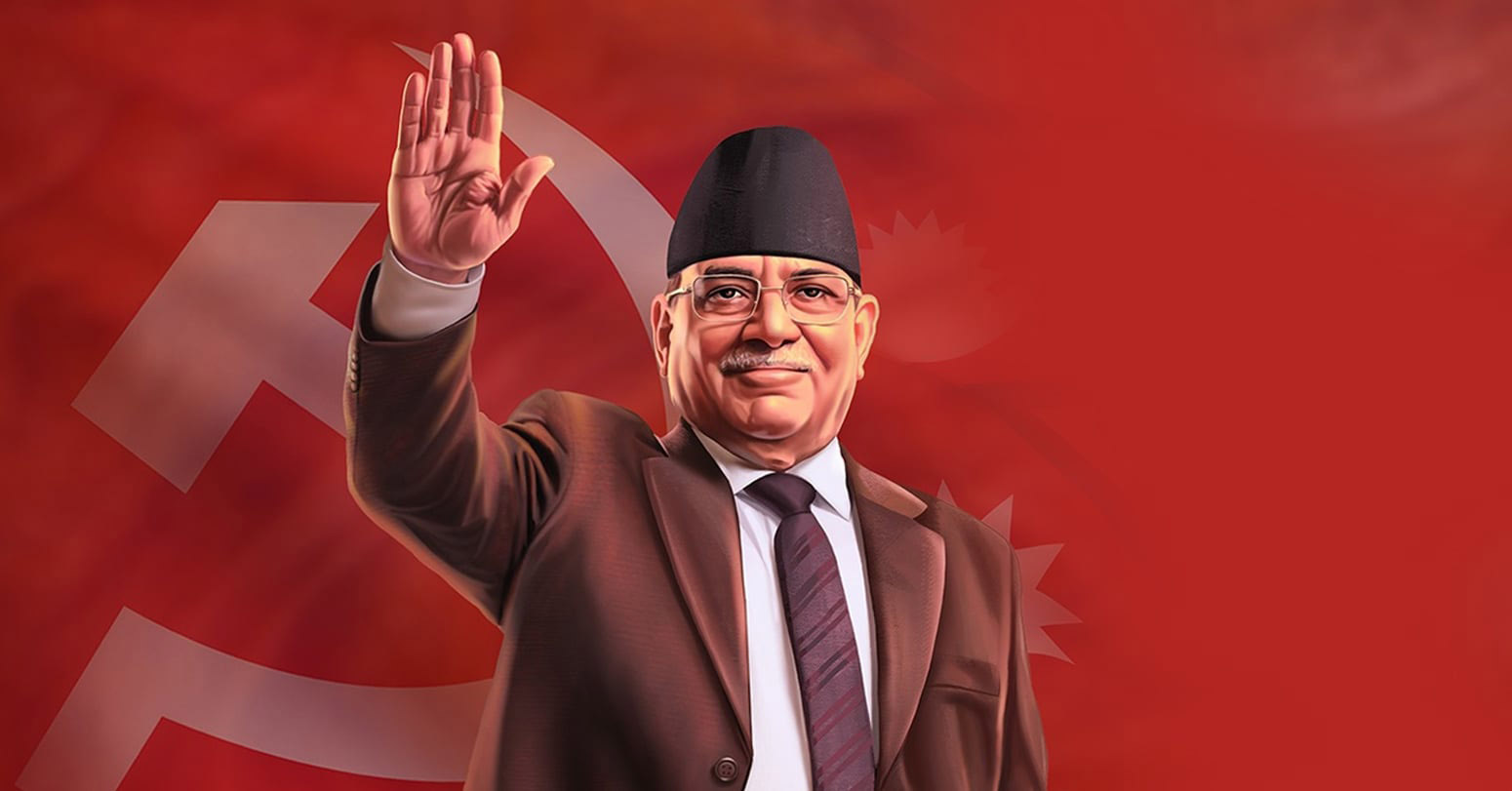




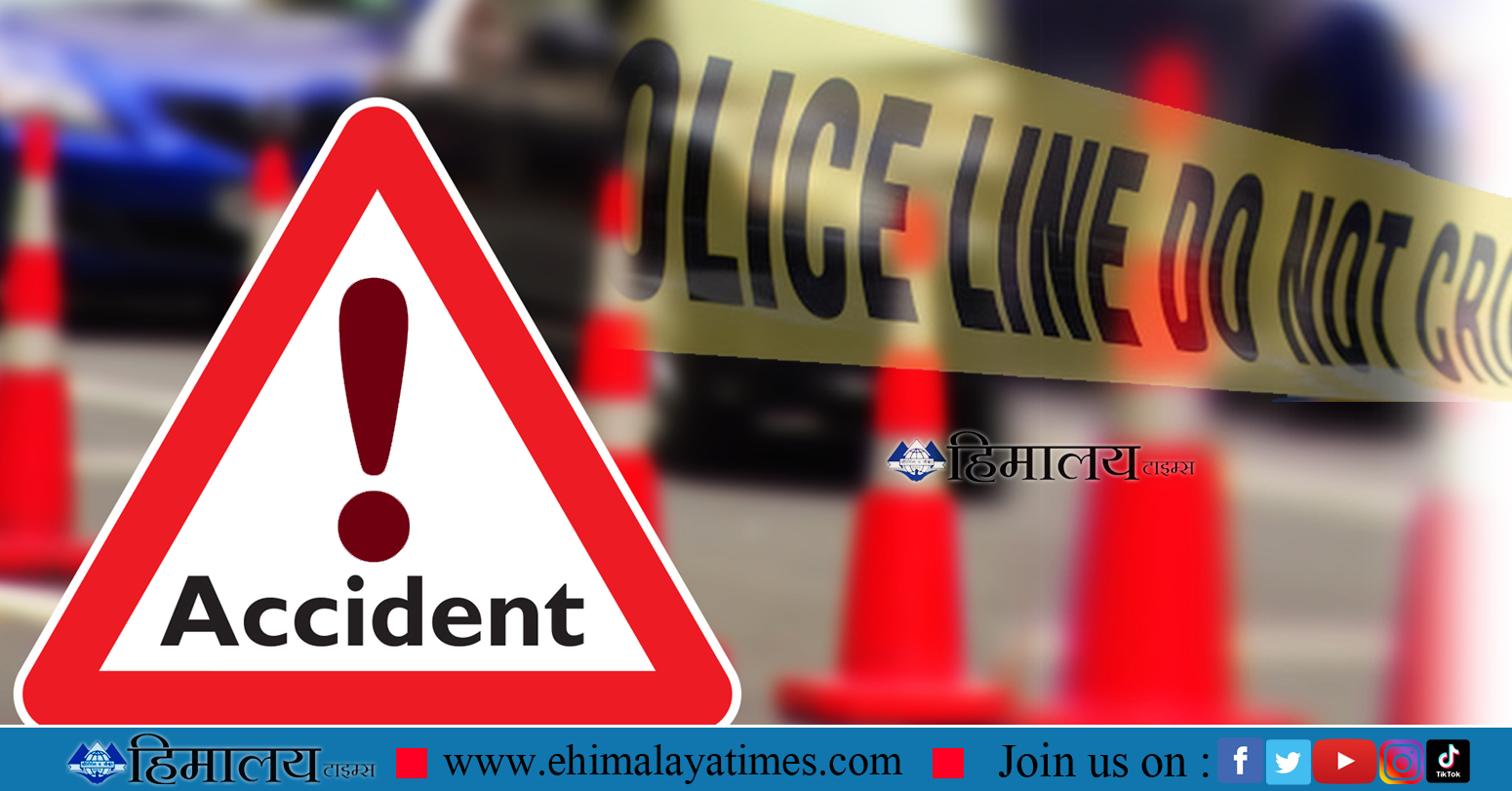


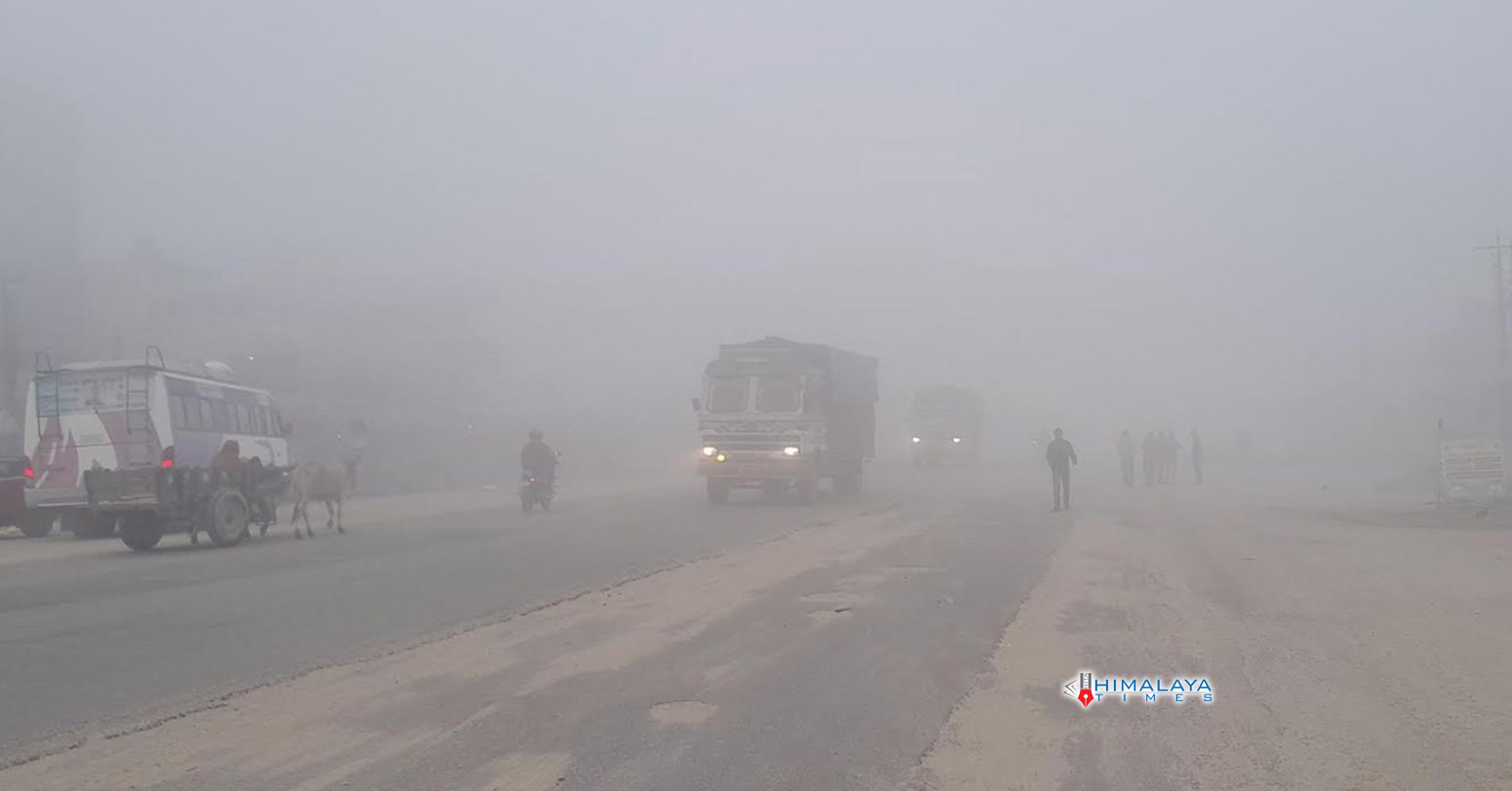
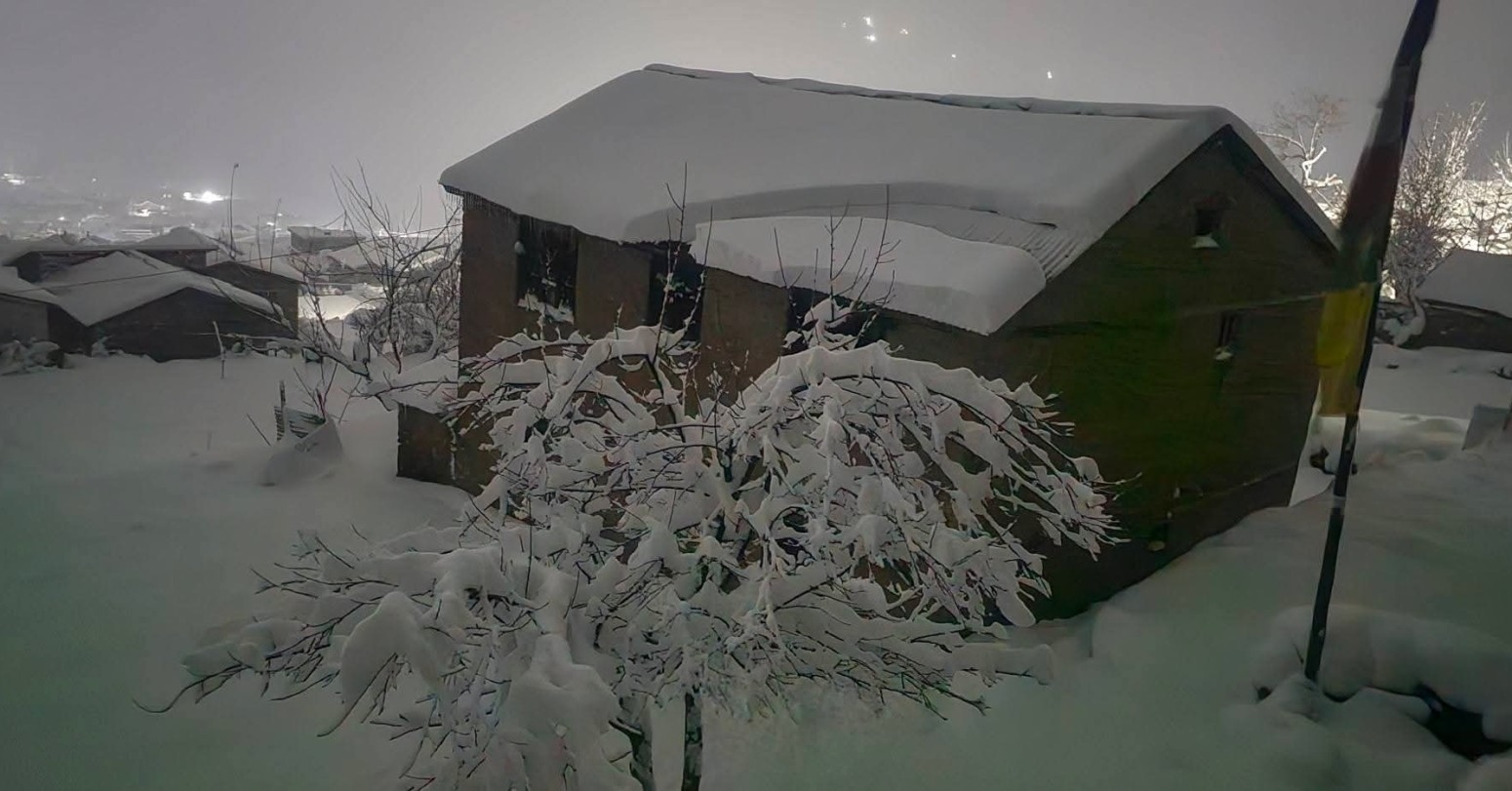


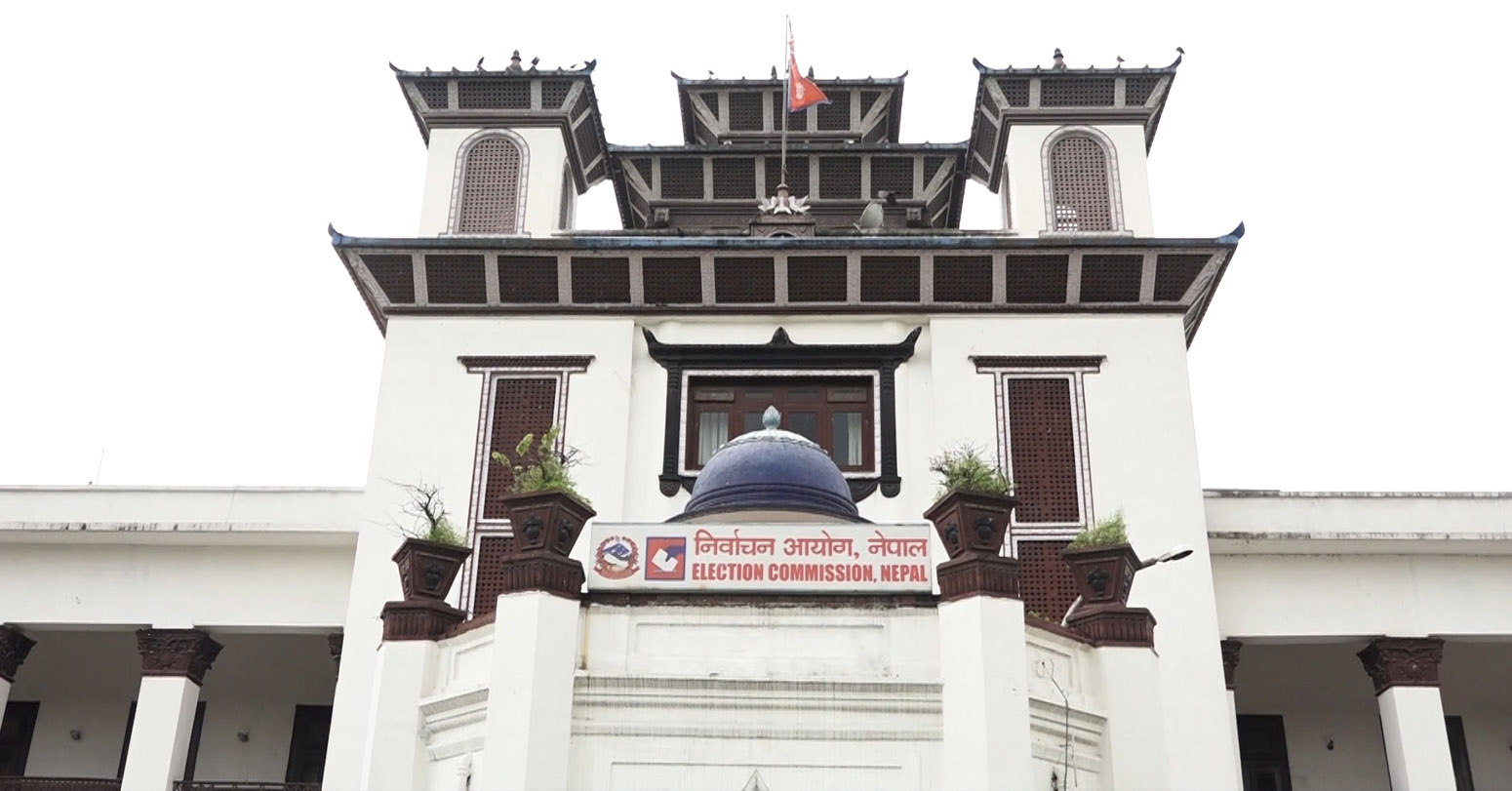
Middle-aged man spends millions to
Dr. Dharam Raj Upadhyay: Man
Children, Greatest Victims Of Sudan’s
Breathing The Unbreathable Air
Comprehensive Data Protection Law Critically
Gender Differences In Mental Healthcare